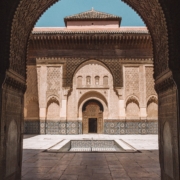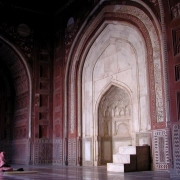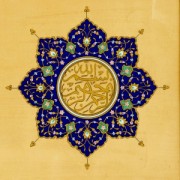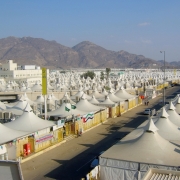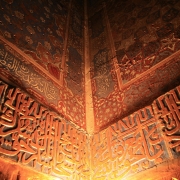Sufis and Muʿtazilites: Theological Engagements of Ibn ʿArabī – Yydogan Kars
“This paper introduces Ibn ʿArabī’s depictions of, encounters with, and responses to the preeminent Islamic theological school, Muʿtazilism. Ibn ʿArabī fourished during the eclipse of Muʿtazilism, yet his corpus demonstrates close familiarity with their theological claims. Therefore an analysis of his depic- tions of Muʿtazilism gives us important insights on the trans- mission and reception of ideas within the Islamicate world. This study explores six major theological themes that played key roles in his engagement with Muʿtazilism, particularly in the encyclopaedic Meccan Openings [al-Futūḥāt al-Makkiyya]: (i) divine role in human actions and agency; (ii) epistemologi- cal sources of theological speculation; (iii) divine attributes; (iv) divine knowability; (v) vision of God; (vi) divine justice and mercy in the afterlife. In most of these cases, Ibn ʿArabī’s approach to Muʿtazilism is not only well-informed, but also empathetic rather than dismissive. His personal encounter with al-Qabrafīqī, a Muʿtazilite Suf in Seville, and his corpus indi- cate Ibn ʿArabī’s informed engagements with both basran and baghdadian Muʿtazilite teachings. He took them seriously as a major theological school that relies on legitimate religious pre- cepts, provides compelling and still relevant ideas, and honours divine transcendence and unity. by the time of Ibn ʿArabī, Muʿtazilism had made an unmis- takable impact on Islamic theology, yet largely dissolved into a variety of movements. on the other hand, in the feld of theol- ogy, later schools or movements were not the only channels between the Muʿtazilites and the Sufs of the 12th and 13th”

